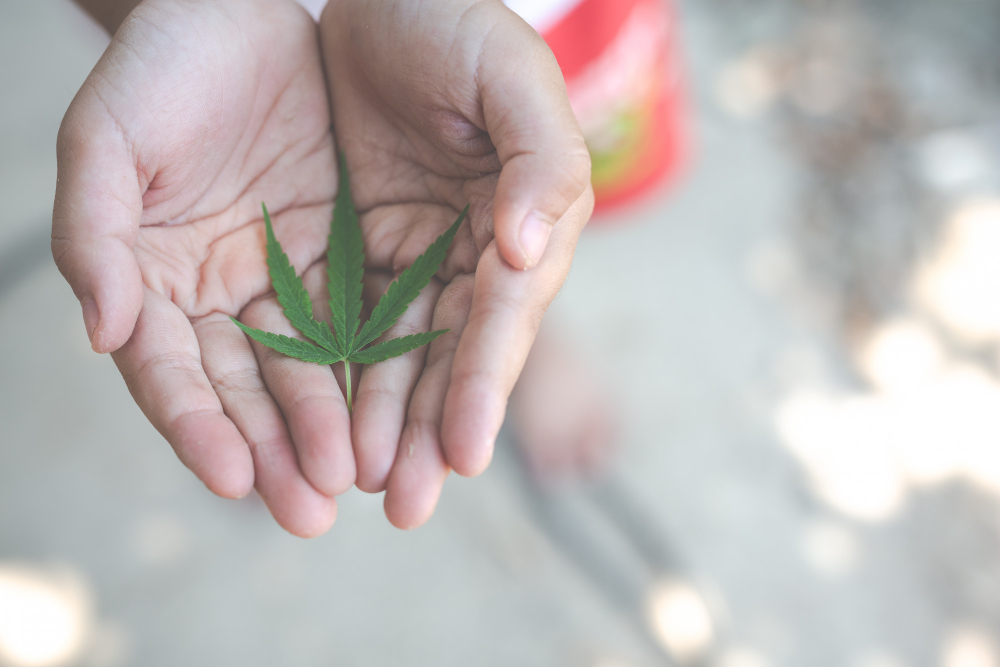The Social Impact of Marijuana Legalization

Marijuana legalization is a topic that sparks lively debates in many countries worldwide. While some people see the benefits of legalizing marijuana for both medical and recreational use, others believe that it could lead to negative social consequences. In this blog post, we will explore the social impact of marijuana legalization, examining both the pros and cons in detail. We hope that by the end of this article, you will have a better understanding of the complexities surrounding this issue.
One of the main benefits of marijuana legalization is the potential economic boost it can bring. Legalizing marijuana could create new jobs in agriculture, processing, and retail. According to a report by New Frontier Data, the legal cannabis market in the United States is projected to create over 250,000 jobs by 2020. Additionally, states that have legalized marijuana have seen an increase in tax revenue, which can be used to fund public services and infrastructure.
Another advantage of marijuana legalization is that it could reduce the burden on law enforcement. In states where marijuana has been legalized, law enforcement officials can focus their resources on more serious crimes. This can also lead to a reduction in the number of people being incarcerated for marijuana offenses, which can have a positive impact on the criminal justice system.
At the same time, there are also concerns that legalizing marijuana could lead to negative social consequences. One of the most significant is the risk of increased rates of substance abuse and addiction. Some studies have suggested that legalization could lead to increased use of marijuana, which could lead to more people becoming addicted to the drug. This, in turn, could have adverse effects on mental health and cognitive function.
Legalization could also lead to a higher incidence of drug-related accidents and injuries. Marijuana can impair a person's ability to react quickly and make sound decisions. This can pose a danger to individuals who operate heavy machinery or drive while under the influence of marijuana.
Lastly, there are concerns that marijuana legalization could lead to an increase in criminal activity. Although legalizing marijuana could decrease the number of people being incarcerated for marijuana offenses, it could also lead to an increase in drug-related crimes in general. This is because the black market for marijuana would still exist, and unregulated sources of the drug could lead to more danger.
Conclusion
In conclusion, the social impact of marijuana legalization is complex and multifaceted. There are both potential benefits and risks associated with legalizing marijuana. While it has the potential to bring economic benefits and reduce the burden on law enforcement, it could also increase rates of substance abuse and addiction, lead to more accidents and injuries, and increase criminal activity.
It's important for policymakers and the public alike to consider the pros and cons of marijuana legalization carefully. By doing so, we can make informed decisions about whether or not to legalize the drug and how to do so in a way that maximizes the advantages while minimizing the risks. If you're interested in learning more about marijuana legalization or obtaining a marijuana card provider in Altamonte Springs, FL, contact CSG Meds today for more information.